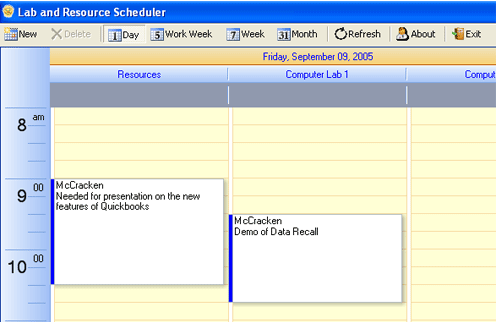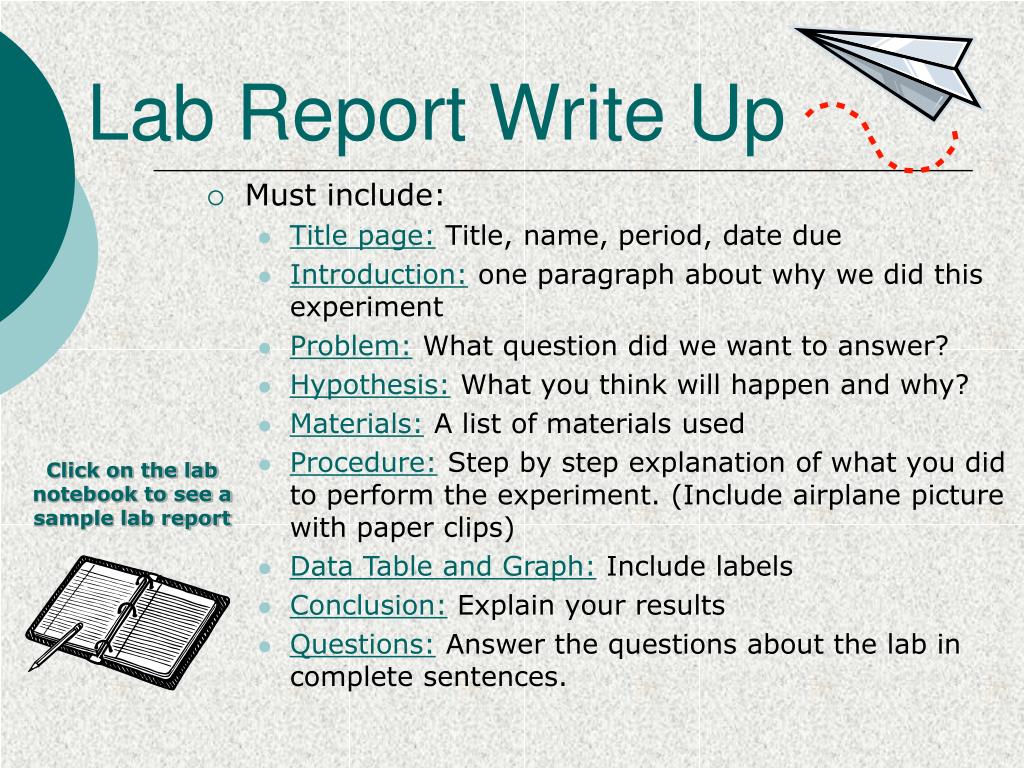

- #WRITING LAB SCHEDULER GRINNELL FULL#
- #WRITING LAB SCHEDULER GRINNELL REGISTRATION#
- #WRITING LAB SCHEDULER GRINNELL PLUS#
Background required Is the student prepared for this course? Does the course have a prerequisite? Caution is needed in the case of first-year students registering for 200-level courses for which some verbal or mathematical sophistication is assumed, or for some advanced language courses where skill in literary analysis is expected.
#WRITING LAB SCHEDULER GRINNELL REGISTRATION#
Discuss what a liberal arts education means, including Phi Beta Kappa honors.Īdditional Considerations Prerequisites Is the student taking the prerequisites for the courses they want to take next semester or next year? Check the Departmental Advising & Registration Suggestions section to be sure. Students are directed to read this publication in the summer prior to arriving at Grinnell. See Departmental Advising & Registration Suggestions and read Academic Planning for New Students to learn what advice students have already received.


The amount of reading, writing, hands-on, technical, and quantitative work should vary across courses. Consider classes that provide a balance of types of coursework.Include courses that challenge a weakness. Start with the student’s stated goals, both short- and long-term.OR your advisee can start with four courses and give latitude for an eventual course drop.
#WRITING LAB SCHEDULER GRINNELL PLUS#
Students with transition challenges may be advised to take three 4-credit courses plus writing, math, science labs, and/or music ensembles/lessons, and/or P.E.Register for 16 credits (or 17–18 credits with language, P.E., or music) total - overloads are not advised.
#WRITING LAB SCHEDULER GRINNELL FULL#
The student should take courses in each of the three main divisions of the curriculum - humanities, science, and social studies - and should take no more than two full courses in any one division in any semester.”.The student should develop their knowledge of mathematics, a foreign language, or both.The student should develop their command of written English, not only in the tutorial but also in at least one other suitable course as well.The following guidelines are helpful in realizing these objectives during the first year. An entering student should regard the first year as a time for gaining breadth in the arts, social studies, and sciences confidence in exploring a variety of disciplines, and a more mature understanding of the place of each of these in liberal education as a whole. “In planning a program of study, the student and the tutor balance the cultivation of existing interests with the discovery of new ones. The Academic Catalog outlines strategies for a course plan in the first year: Advising the First-Year Student for Registration These documents will provide basic grounding in the meaning of a liberal education and assist with initial course selection decisions. Read (and encourage your students to read) “ Education in the Liberal Arts” in the Grinnell College Academic Catalog and other works on the liberal arts, such as “ Only Connect.” by William Cronon. Helping a student craft a liberal education in an individually-mentored curriculum is the exciting and challenging task of the adviser. Become familiar with Grinnell’s definition of a liberal education and with key partners in planning the student’s education, such as the Office of the Registrar, the Office of Off-Campus Study (OCS), and the Center for Careers, Life, and Service (CLS). Grinnell’s individually advised curriculum requires active consultation as the adviser.


 0 kommentar(er)
0 kommentar(er)
